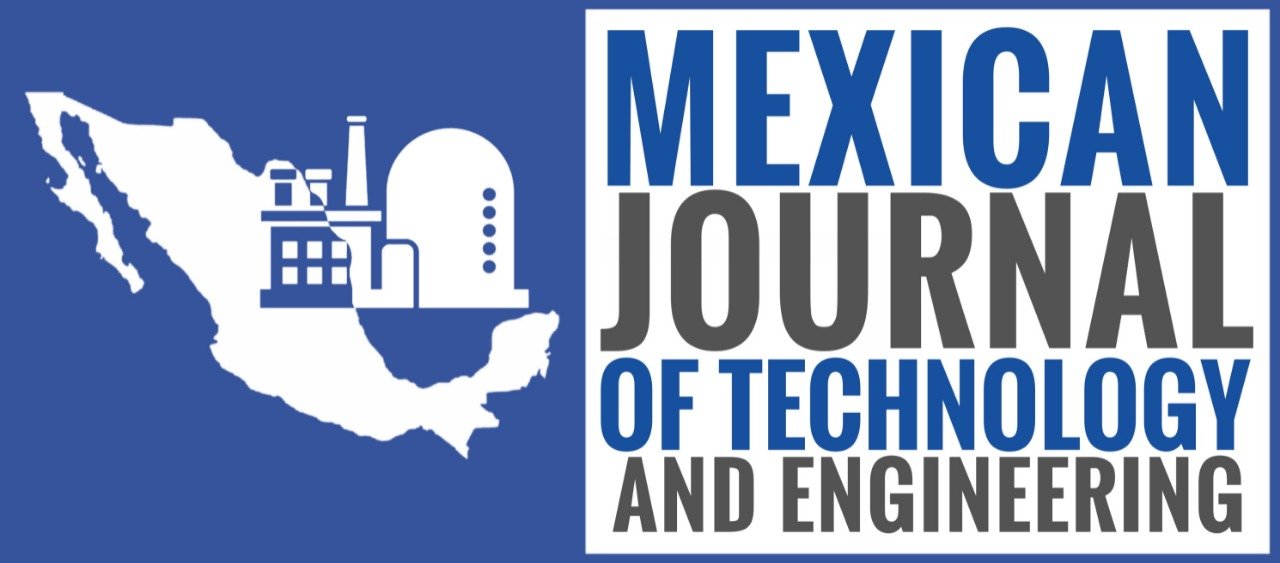El Focus Group como Estrategia para la Comercialización de la Miel: Un Estudio Aplicado en el Sector Apícola del estado de Hidalgo
Focus Group as a honey marketing strategy: A study applied to the beekeeping sector in the state of Hidalgo
Autor(es): Karelia Yunue Galarza-Ponce , Ana L. Guzmán-Elizalde y Josefa Espitia-López
Fuente: Mexican Journal of Technology and Engineering, Vol. 4, No. 2, pp. 29-37
DOI: https://doi.org/10.61767/mjte.004.2.2937
Resumen
El Focus Group es una metodología ampliamente usada en investigaciones científicas en el ámbito de las ciencias sociales, se presenta como una estrategia efectiva para la comercialización de productos cuando se realiza con un enfoque combinado mediante tácticas de mercadeo, este tipo de estudios innovadores va aumentando en productos como la miel. A través de esta técnica, es posible conocer de forma directa las opiniones, preferencias y expectativas de los consumidores y comerciantes, esta información resulta valiosa para tomar decisiones informadas sobre aspectos como el empaque, el sabor, la presentación y la forma de promover el producto en el mercado. Tras la pandemia del COVID-19, el comportamiento del consumidor ha cambiado significativamente, haciendo aún más relevante el uso de metodologías como el Focus Group para comprender las nuevas necesidades y hábitos de compra. El presente estudio busca analizar la efectividad de esta metodología en el sector apícola, específicamente en la comercialización de la miel, con el fin de mejorar su posicionamiento en el mercado actual, los principales hallazgos obtenidos revelan que, si bien la miel es un producto valorado por sus propiedades naturales y las estrategias de comercialización deben ir encaminadas hacía la diferenciación de las marcas existentes en el mercado.
Palabras clave: Focus group, estrategia, comercialización, miel, sector apícola.
Abstract
Focus Groups are a widely used methodology in scientific and social science research. They are presented as an effective strategy for product marketing when implemented through a combined approach and marketing strategies. This type of innovative study is gaining popularity in products such as honey. Through this technique, it is possible to directly understand the opinions, preferences, and expectations of consumers and marketers. This information is valuable for making informed decisions on aspects such as packaging, flavor, presentation, and marketing strategies to promote the product effectively in the market. Following the COVID-19 pandemic, consumer behavior has changed significantly, making methodologies such as Focus Groups even more relevant for understanding new needs and purchasing habits. This study aims to evaluate the effectiveness of this methodology in the beekeeping sector, particularly in honey marketing, to enhance its market positioning. The main findings revealed that, although honey is a product valued for its natural properties, marketing strategies should Focus on differentiating it from existing brands in the market.
Keywords: Focus-group, strategy, marketing, honey, beekeeping sector.
Referencias
Vega-Malagón, G., Ávila-Morales, J., Vega-Malagón, A. J., Camacho-Calderón, N., Becerril-Santos, A., Leo-Amador, G. E. (2014). Paradigmas en la investigación. Enfoque cuantitativo y cualitativo. European Scientific Journal, 10(15).
Rivera-Pérez, A., Navarro-Herrera, A.M., Garrido Frenich, A. (2024). Identifying Key Markers for Monofloral (Eucalyptus, Rosemary, and Orange Blossom) and Multifloral Honey Differentiation in the Spanish Market by UHPLC-Q-Orbitrap-High- Resolution Mass Spectrometry Fingerprinting and Chemometrics. Foods, 13, 2755. https://doi.org/10.3390/foods13172755
Galarza-Ponce, K. Y., Guzmán-Elizalde, A. L., & Espitia-López, J. (2025). Estrategias post-COVID-19: Herramientas de planeación empresarial, mercadeo y concientización para el consumo de miel y productos derivados. Mexican Journal of Technology and Engineering, 4(1), 26–40. https://doi.org/10.61767/mjte.004.1.2640
Merton, R. K., & Kendall, P. L. (1946). The Focused interview. American journal of Sociology, 51(6), 541-557. https://doi.org/10.1086/219886
Nilsson, J. (2020). Producing consumers: Market researchers’ selection and conception of Focus group participants. Consumption Markets & Culture, 23(4), 376–389. https://doi.org/10.1080/10253866.2018.1549548
Brendan, R., Sivo, S., Marissa, O., Ford, R., Jamie, M., David, B., & Eleanor Less, W. (2018). Online Focus groups: A valuable alternative for hospitality research? International Journal of Contemporary Hospitality Management, 30(11), 3175–3191. https://doi.org/10.1108/IJCHM-11-2017-0715
Šedík, P., Hudecová, M., & Predanócyová, K. (2023). Exploring consumers’ preferences and attitudes to honey: Generation approach in Slovakia. Foods, 12, 1941. https://doi.org/10.3390/foods12101941
Pocol, C. B., & Bolboaca, S. D. (2013). Perceptions and trends related to the consumption of honey: A case study of North-West Romania. International Journal of Consumer Studies, 37, 642–649. https://doi.org/10.1111/ijcs.12046
Yang, H., Su, X., & Shion, K. (2023). Sustainable luxury purchase behavior in the post-pandemic era: A grounded theory study in China. Frontiers in Psychology, 14, 1260537. https://doi.org/10.3389/fpsyg.2023.1260537
Bilici, F., & Seren, N. (2025). A Study on Consumers’ Knowledge of Distinguishing Natural and Organic Honey. Turkish Journal of Agriculture – Food Science and Technology, 13(3), 545–552. https://doi.org/10.24925/turjaf.v13i3.545-552.718
